DIANA, PRINCESS OF WALES, QUEEN OF EVERYONE
 |
| photograph: George Biard |
What makes a woman great?
WE LOVE COMMENTS
Is it celebrity, like Marilyn Monroe? Is it saintliness,
like Mother Theresa? Is it political ambition, like Cleopatra?
Or is it something more elusive than any of these?
It is now fourteen years since Diana, Princess of Wales,
died in that horrific car smash in the Pont de l'Alma tunnel in Paris, yet the
anniversary of her fiftieth birthday last year saw a fresh outpouring of public
grief.
For a major celebrity, Diana was remarkably self
deprecating: "I don't even know how to use a parking meter, never mind a
phone box." Her greatest talent was in being nice to people: "I want
to walk into a room, be it a hospital for the dying or a hospital for the sick
children, and feel that I am needed. I want to do, not just to be."
Did this make her a great woman? Her critics said no,
because she never held any position of political power. But in a BBC poll she
was voted third of "100 Greatest Britons", easily outranking her
former mother-in-law and placing her above Shakespeare, Darwin, Newton and
Nelson.
This infuriates those who argued that she achieved nothing
in her life. They ignore her tireless work for the Great Ormond Street Hospital
for Children and the International Campaign to Ban Landmines - the victims of
anti-personnel mines were and are mostly children. The ban was effected shortly
after her death, and in a world seemingly run by arms dealers this was no small
achievement.
My mother certainly thought Diana was a great woman. She was
no royalist, the only other Windsor she had time for was the Queen's mother.
She was of the generation that lived in London during the Blitz and still
remembers that Queen Mary didn't leave London during the bombing - she stayed
"with us".
She reckoned Diana was of the same stripe. Mum even once
owned a Princess Diana doll. It was about two feet tall, and looked more like
Barbie on steroids, dressed up for a day at the races. It was a real talking
point in her house for many years, (along with the inflatable two metre high
kangaroo in the backyard.) Diana's greatest virtue, in her words, was that she
wasn't "stuck up".
 |
| photograph: Rick |
She had the common touch. And for East Enders like
my mother, that was everything.
Few women in history have inspired the same kind of
adoration as Diana. Perhaps because she said things like: "HIV does not
make people dangerous to know, so you can shake their hands and give them a
hug: heaven knows they need it."
Yet opinion about her remains divided, as with any famous
person. One of her more spiteful biographers wrote that she was a
"demanding shopaholic ... obsessed with her public image"; her
brother eulogized her as "the most hunted person of this modern age."
She was certainly an enigma: she appeared to be a woman on a
desperate search for love yet she once said: "People think that at the end
of the day a man is the only answer. Actually, a fulfilling job is better for
me."
She will be much written about in the future, I guarantee.
In a hundred years historical fiction authors like me will pore through the
history files looking for the facts about her for their own stories. But what
will those facts be?
Every saint has a dirty secret; even a monster may have an
adoring grandchild. The really interesting thing about famous people is not how
many lovers they had, how many battles they won, or countries they ruled. They
become truly interesting when they have a human face. Great virtues side by
side with obvious failings can be very appealing.
Diana was certainly very human. It was part of her charm.
She had the opportunity to help the less fortunate and took it wholeheartedly;
she went about doing good while most of us just go about.
It is too soon to write the first unfettered historical
novel about her. But I suspect she will become one of the most enduring women
in history. God knows there have been few enough men or women of true celebrity
and glamour who have done so much for others while remaining as fallible and
earthy and flawed as the rest of us.
See Colin Falconer's latest novel, Anastasia, here,
and more history from Colin Falconer at
 |
| From History and Women |
_reverse.jpg)



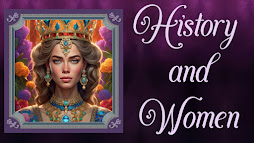


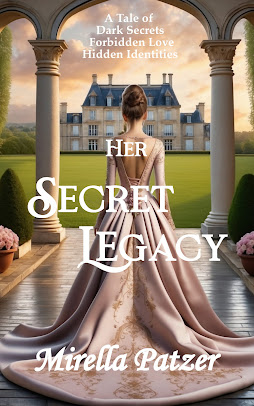

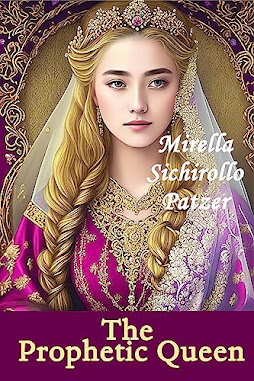
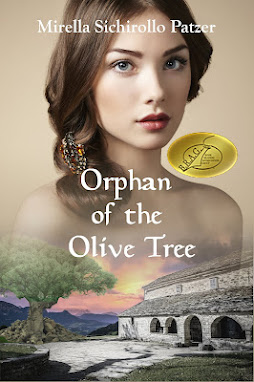
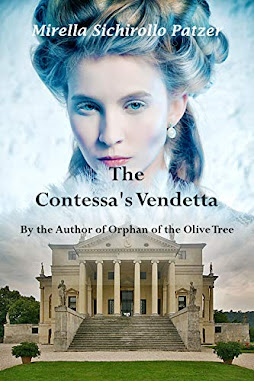










Post a Comment
3 Comments
This is so true when writing about someone whom the facts only give a surface glimpse into: 'They become truly interesting when they have a human face. Great virtues side by side with obvious failings can be very appealing.'